Dozens of amicus briefs have been filed with the Supreme Court in support of that challenge to New York’s “may issue” concealed carry laws, and one of the most powerful arguments comes from those who see the impact of those laws on a daily basis; public defenders and lawyers who work with indigent clients, both in New York City and throughout the state.
On today’s Bearing Arms’ Cam & Co, we’re taking a closer look at the amicus brief filed by the Black Attorneys of Legal Aid, The Bronx Defenders, Brooklyn Defender Services, and several public defender offices across New York; which begins with with a blunt and direct attack on the current laws on the books.
The incorporated Second Amendment affords the people “the right to keep and bear arms.” Despite the clear text and this Court’s precedent, New York’s licensing regime does the opposite. It deprives everyone of that right, only returning it to those select few who manage to first secure a firearm license from the police. For everyone else, possession of a firearm is effectively a “violent felony,” punishable by 3.5 to 15 years in prison.
New York’s licensing requirements criminalize the exercise of the fundamental Second Amendment right, with rare exception.
That gets to the heart of the case; the average citizen in New York is deprived of their right to bear arms in self-defense because the law doesn’t treat it as a right to begin with.
The brief contains a valuable history lesson the racist results of New York’s licensing law, which dates back to 1911 and was put in place “in response to pos-Reconstruction ‘concerns about organized labor, the huge number of immigrants, and race riots in which some blacks defended themselves with firearms.'” Just as was the case a century ago, today the vast majority of those arrested changed with violent felonies for simply possessing a gun without a license are racial minorities with no prior criminal records.
In 2020, while Black people made up 18% of New York’s population, they accounted for 78% of the state’s felony gun possession cases. Non-Latino white people, who made up 70% of New York’s population, accounted for only 7% of such prosecutions. Black people were also more likely to have monetary bail set, as opposed to release on their own recognizance or under supervision, even when comparing individuals with no criminal record.
When looking at only N.Y. Penal Law § 265.03(3)—which alleges only possession of a loaded firearm—80% of people in New York who are arraigned are Black while 5% are non-Hispanic white. Furthermore, according to NYPD arrest data, in 2020, 96% of arrests made for gun possession under N.Y. Penal Law § 265.03(3) in New York City were of Black or Latino people. This percentage has been above 90% for 13 consecutive years.
The defense attorneys then put a face to those statistics by highlighting the experiences of several of their clients, including one man named Sam Little, who was enrolled in college and was caring for his mentally and physically disabled son as a single father when he was arrested and charged with carrying a gun without a license.
Like many young people in New York City, Mr. Little had repeatedly witnessed and been victimized by violence. He had friends who had been shot and murdered, and he himself had been shot—both when he was a teenager and then several years later. Once, Mr. Little was slashed across the face with a knife. He still bears the scar.
One night, Mr. Little left his home to go a friend’s birthday party, which was in the same neighborhood where he had previously been slashed. To ensure his safety, Mr. Little brought a firearm. As a father, he felt that he owed it to his son to maintain his safety: who would take care of his son if something happened to him?
While walking down the sidewalk, police jumped out of a car, stopping and immediately frisking him. Police found the gun and arrested him. Prosecutors charged him with N.Y. Penal Law § 265.03, a violent felony. Overcome with the stress of an open felony case, Mr. Little dropped out of his classes and did not obtain his associate’s degree. Although he had recently been offered a new job with the Department of Education, the open case made him ineligible to take the position.
Little ultimately served eight months behind bars as a result of his “crime,” which is actually less than the mandated 3 1/2-year sentence mandated for illegal gun possession under state law. As the defense attorneys point out, the vast majority of these cases are plea bargained down, but most of their clients still end up with a felony conviction on their record.
The arguments posed by these public defenders is so powerful that gun control activists have been left to sputter their indignation over the fact that these mostly progressive attorneys are siding with the Second Amendment rights of the People.
In a decent world, upstate white people and downstate Black people would agree about, I don’t know, the fundamental equality of all peoples, or the dignity of labor, or WAP, or literally anything else. The fact that these two interest groups have found common cause in obliterating state gun regulations is just a depressing example of why we can’t have nice things.
Or maybe it’s a sign that the gun control philosophy ain’t all it’s cracked up to be… even for lefties.
What’s even more depressing is that the public defenders make an excellent case. They argue that New York’s gun licensing requirements unconstitutionally deprive poor people of their rights to bear arms and give law enforcement an excuse to harass and incarcerate otherwise law-abiding Black and brown citizens, severely penalizing them for the kind of minor misconduct white people routinely get away with.
They’re not wrong. The public defenders calculate that it costs around $400 to get a gun permit in New York, plus a whole lot of time that is disproportionately difficult for the working poor to find. I don’t tend to think of private gun ownership as a constitutional right, but if you do, gating access to that right behind a $400 fee and an enormous time sink is not something we do for other constitutional principles.
Ultimately, The Nation’s Elie Mystal objects to what these public defenders are saying because she simply doesn’t believe that the Second Amendment protects an individual right. He can acknowledge the disparate impact that the law has on minorities, but he can’t quite bring himself to object to the law itself.
The public defenders assume, uncritically, that Republicans have been right all along, and the Second Amendment confers a proactive right to private gun ownership for self-defense. This is ground that I would not cede, even in the name of racial equality and fairness.
Mystal’s mistake is in thinking that only Republicans or conservatives believe the Second Amendment protects a right to keep and bear arms for self-defense. Besides, that argument is over, even if Mystal refuses to accept that’s the case. The Supreme Court has ruled that the Second Amendment protects an individual right, and now we not only know that New York’s gun control laws are infringing on that right, but that the poor and racial minorities are disproportionately disarmed, arrested, and prosecuted as a result. If Mystal is still okay with New York’s “may issue” carry laws after all that, I’d argue that racial equality and fairness may not be as important to him as he claims they are.
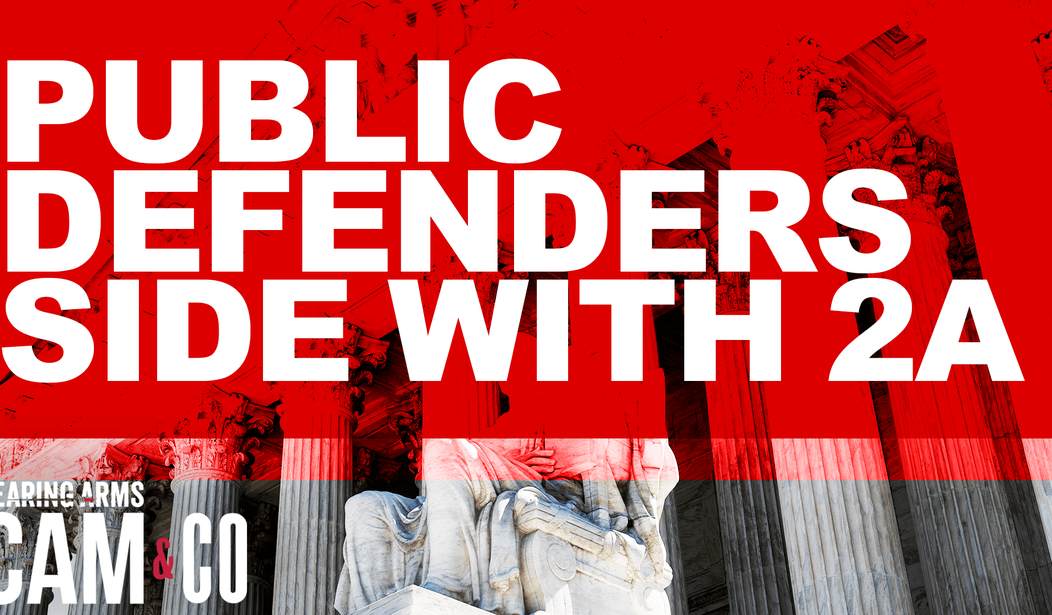



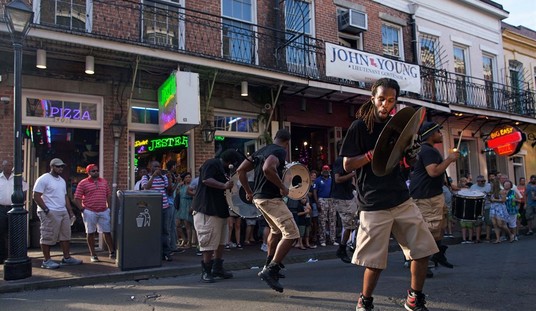
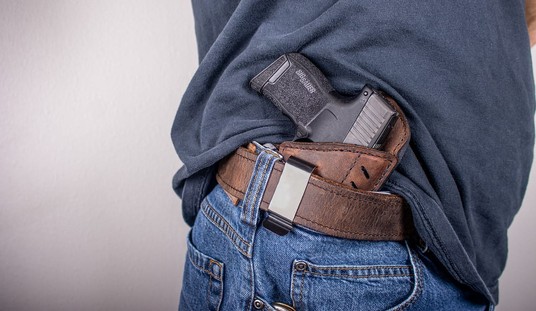
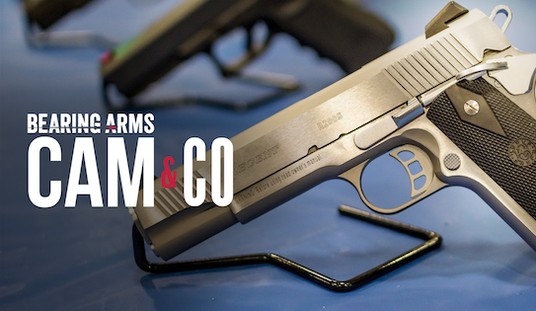

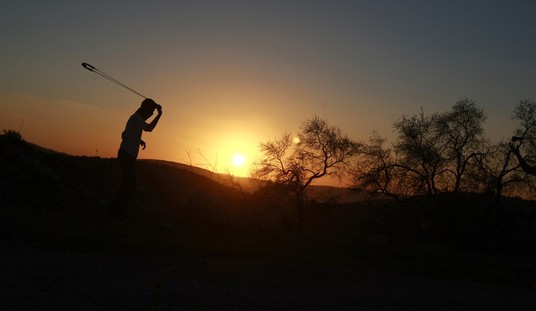
Join the conversation as a VIP Member